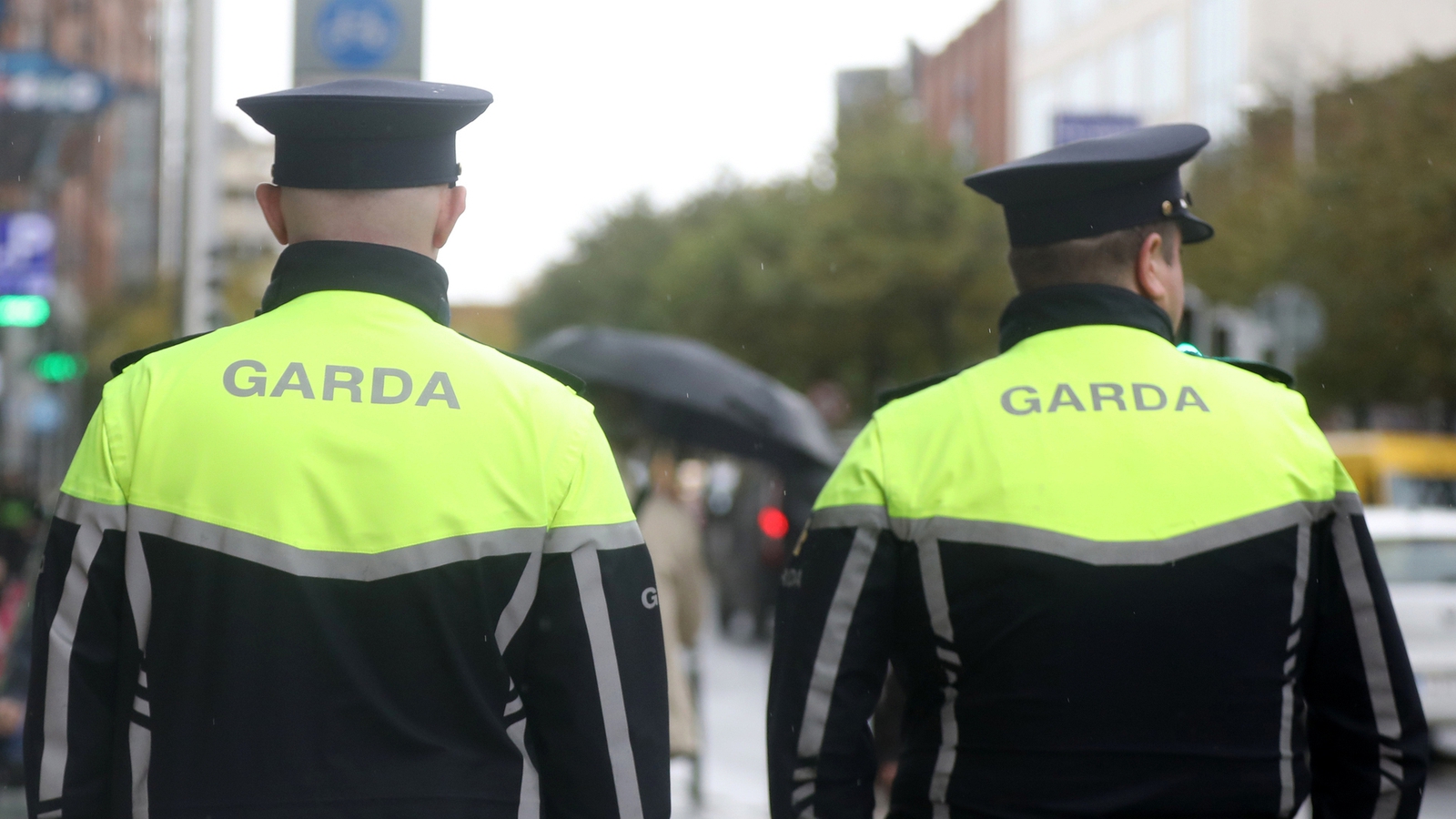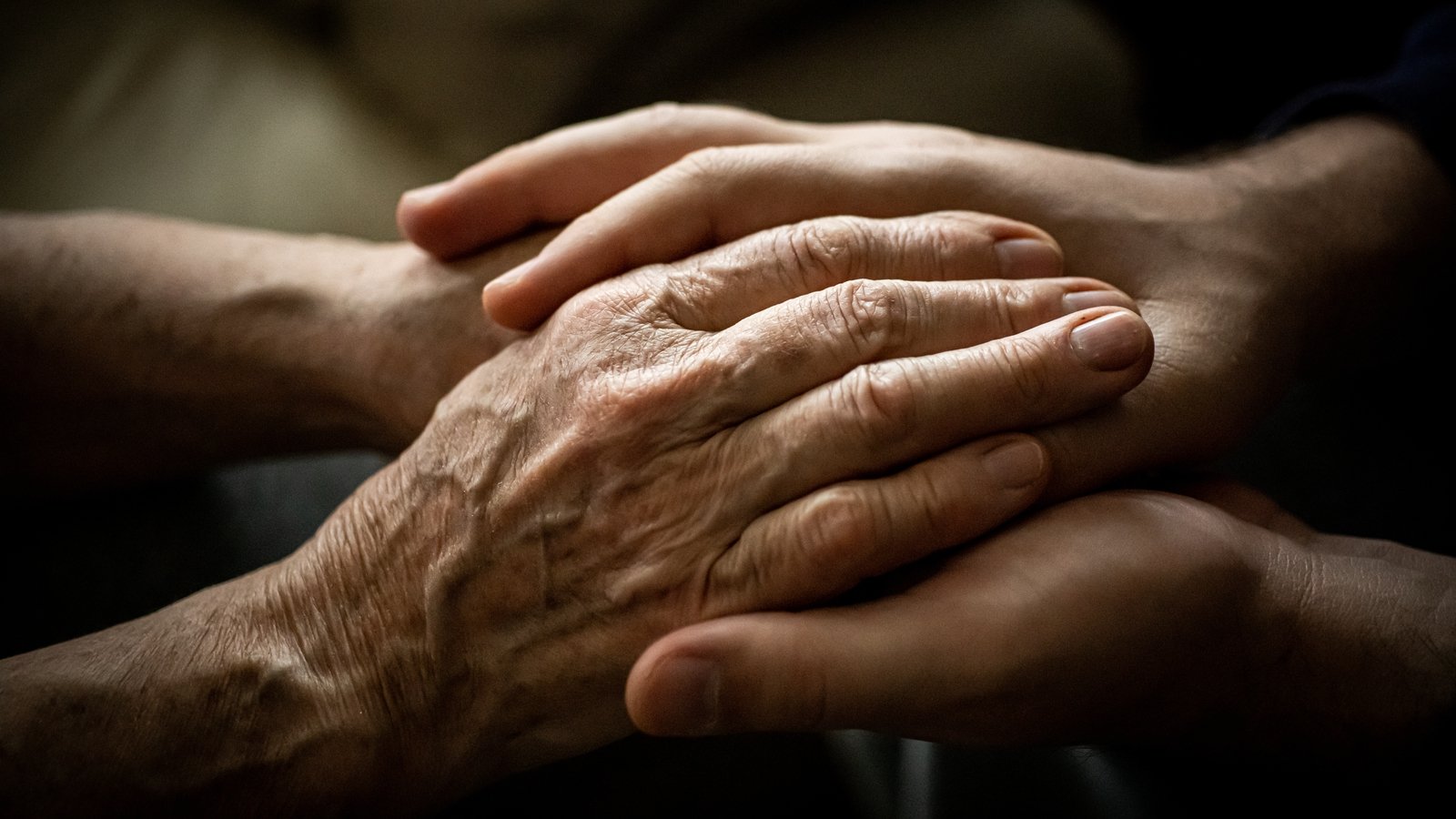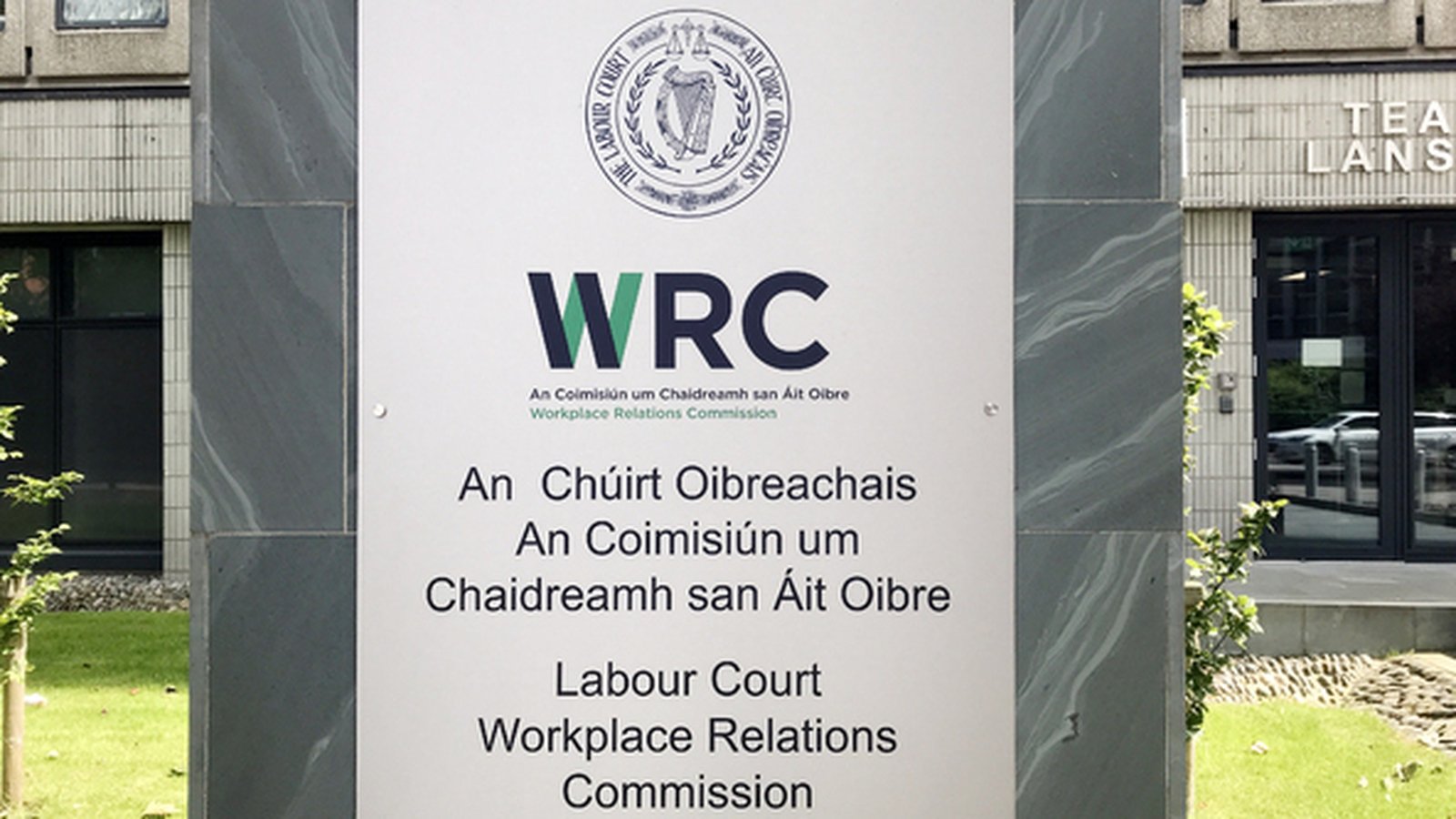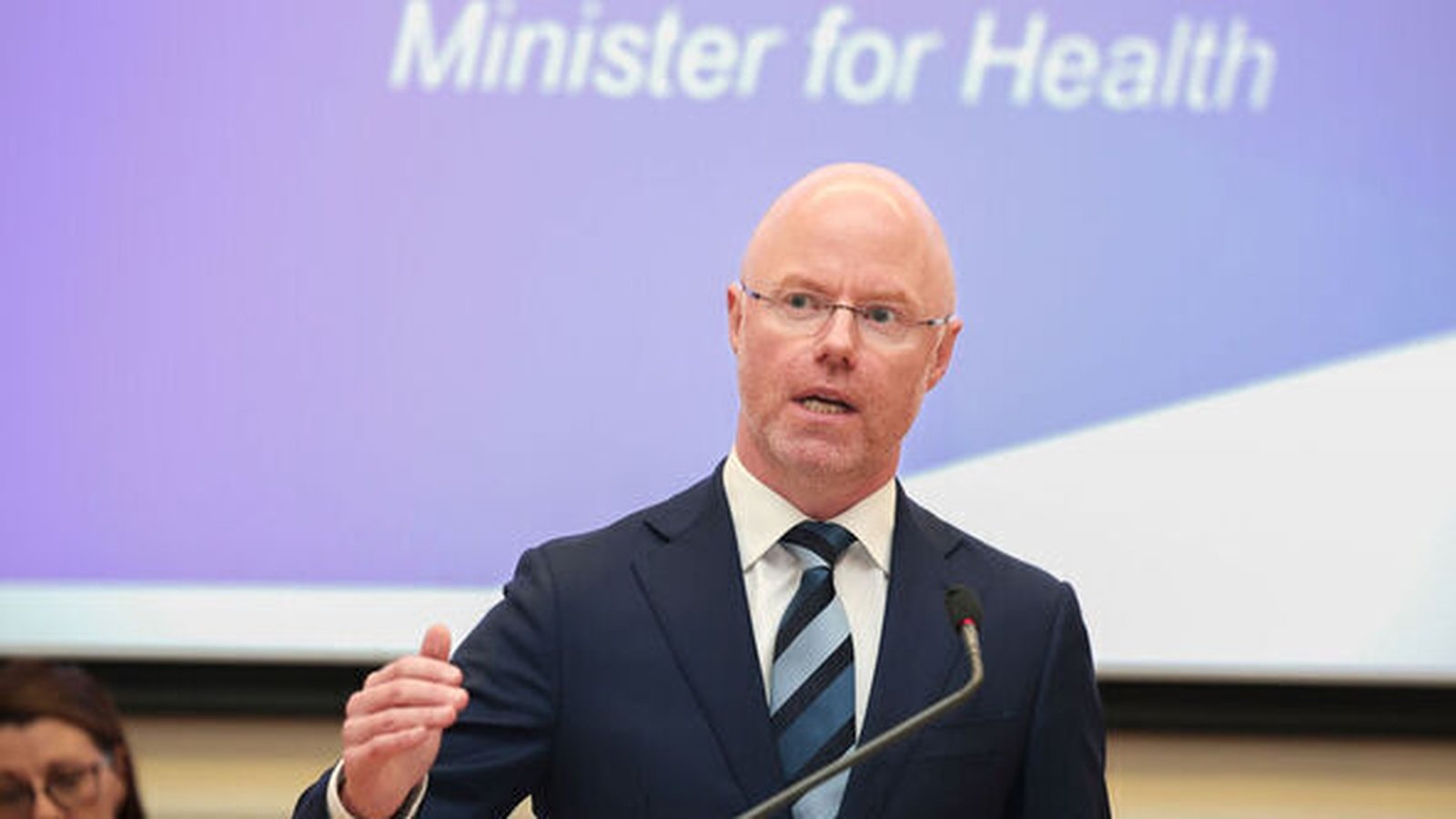Bishops express concerns over wording of referendums


The Irish Catholic Bishops have said the proposed Family amendment to the Constitution diminishes the unique importance of the relationship between marriage and family in the eyes of society and the State, and is likely to lead to a weakening of the incentive for young people to marry.
On the Care amendment they said it would have “the effect of abolishing all reference to motherhood in the Constitution” and leave “the particular and incalculable societal contribution” that mothers in the home have made, and continue to make, in Ireland unacknowledged.
In a statement that will be “highlighted” at masses across the country today, the Catholic Bishops have offered the “reflections to help inform the consciences of Christians and others who are concerned to preserve and foster the dignity and value of family life and motherhood” ahead of the upcoming referendums.
The Bishops state that the Family, is the foundational cell of society and is essential to the common good because it is based on “the exclusive, life-long and life-giving public commitment of marriage”.
This “reality” of the family corresponds to “the unchanging plan of God for humanity” and the importance of the Family continues to be acknowledged by people of good will, whether they be persons of faith or not, according to the Catholic Bishops’ Conference.
While they recognise that there are families in all communities not founded on marriage, and have pointed to what Pope Francis described as “a challenging mosaic made up of many different realities, with all their joys, hopes and problems”, they believe the commitment of marriage contributes to “the common good in a unique way”, by bringing stability to the family and to society.
“The Constitution rightly qualifies the Family as a ‘moral institution’ and one that enjoys ‘inalienable and imprescriptible rights, antecedent and superior to all positive law’.
“We are concerned that the proposed Family amendment to the Constitution diminishes the unique importance of the relationship between marriage and family in the eyes of society and State and is likely to lead to a weakening of the incentive for young people to marry.”
They’ve also described the term “durable relationship” as “shrouded in legal uncertainty” and open to “wide interpretation”.
“It does not make sense that such an ambiguous reality would be considered ‘antecedent and superior to all positive law’ and acquire the same ‘inalienable and imprescriptible’ rights as those ascribed to the ‘family founded on marriage’.
“Various commentators have suggested that the term ‘durable relationship’ risks leading to unforeseen and unintended consequences,” they said.
On the Care Amendment, they have said that in an age when people, and especially women, often emphasise the desirability of balancing work and domestic commitments, it is noteworthy that the Constitution “already recognises and seeks to facilitate” the choice of mothers who wish to care for the needs of the family and the home.
Pointing to “some recent commentary”, the Bishops stated that the present constitutional provision emphatically does not state that “a woman’s place is in the home”, nor they have said, does it excuse men of their duties to the home and family.
“We believe that, rather than removing the present acknowledgement of the role of women and the place of the home, it would be preferable and consistent with contemporary social values that the State would recognise the provision of care by women and men alike.”
The State has failed to financially acknowledge the role of women in the home according to the Bishops, who say there is no indication that there will be provision for the adequate financial remuneration of carers.
The statement also noted the proposed term “strive to support”, which they say appears to “weaken the State’s constitutional responsibility” to materially and legislatively support such care.
“Indeed, the proposed new Article 42B does not actually confer any enforceable rights for carers or for those being cared for,” according to the statement.
“The proposed amendment would have the effect of abolishing all reference to motherhood in the Constitution and leave unacknowledged the particular and incalculable societal contribution that mothers in the home have made and continue to make in Ireland.
“The present constitutional wording does not in any way inhibit women from working or taking their proper place in social and public life. It does, however, respect the complementary and distinct qualities that arise naturally within the Family. The role of mothers should continue to be cherished in our Constitution”, they said.




